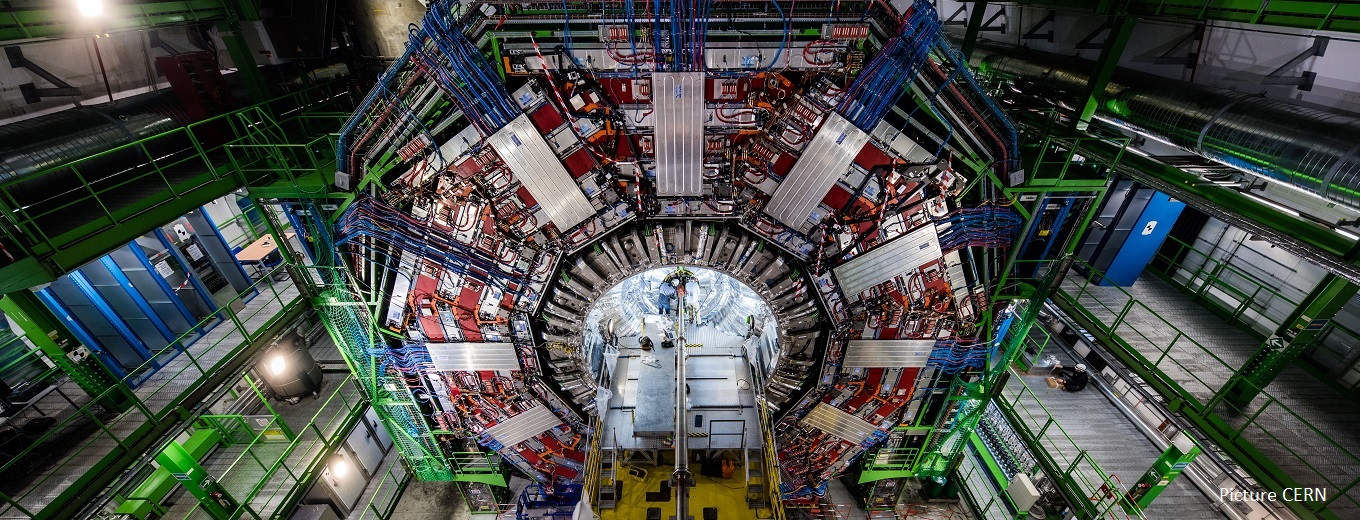About two-thirds of research infrastructures are highly affected by high energy prices; some are even forced to reduce or close down their operations.
On 6 July 2023, the European Strategy Forum on Research Infrastructures (ESFRI) published a report on Energy and Supply Challenges that Research Infrastructures (RIs) are facing. The report was adopted during the 84th ESFRI Forum Meeting (Lund, 20-22 June 2023). It highlights the multiple ramifications of the energy crisis on RIs (increased energy costs, shortages of critical resources, delivery delays) while providing recommendations for National Policymakers, ESFRI, the European Commission, and RIs to enhance resilience. ESFRI has established a dedicated drafting group to look into the energy and supply challenges RIs face as a consequence of the COVID-19 pandemic aftermath and Russian aggression on Ukraine. This means effects like high inflation, increased energy costs, and shortages of critical resources in the EU. The report also responds to the Council Conclusions on Research Infrastructures approved on 2 December 2022, calling on “Member States and the Commission through ESFRI, as well as RIs, to elaborate on scenarios to manage possible upcoming crises, including energy supply difficulties”.
ESFRI developed a questionnaire with ARIE, ERF AISBL and the ERIC Forum and distributed it earlier this year to the RIs community. Almost two-thirds of 149 RIs responding to the ESFRI questionnaire indicated being significantly impacted by the energy crisis. Mainly affected are analytical RIs, with energy-intensive activities like synchrotrons, computing centres, particle sources, neutron facilities and lasers. Besides, the shortage of critical resources and materials, such as some gases, rare isotopes, and permanent magnets, presents another essential challenge, even if they may not be linked to the consequences of the war.
Among the effects of the energy crisis, the most relevant issue indicated by the RIs is the lack of finance to react to increasing energy costs. The reason is that already a relatively small percentage increase in energy bills can have an essential impact on the extent to which RIs can continue to operate as they usually have a very high overhead (often reaching 80% of the total budget), which has to be met regardless of whether the facility is operational (e.g., salaries of permanent staff). Finding savings of the remaining operational margin (often of 20%) greatly impacts the number of days the RI can run. However, the situation is not uniform across Europe nor RIs due to fluctuating energy prices and the introduction of various measures by the countries (e.g., subsidies for energy bills and a price ceiling on gas) but also on whether RIs have short or longer-term contracts with energy suppliers.
The second most important challenge is that the current crisis also leads to shortages of some key materials and products such as Helium and Helium-3, Nitrogen, Argon and Xenon, rare isotopes such as Calcium-48 and Cobalt-57 or some advanced research apparatus, like superconducting wigglers or diamonds for X-Ray optics. Essential is to highlight that materials may even affect the future operations and greening of certain RIs as cobalt and some rare earths are crucial and currently scarce components of permanent magnets important to reduce the energy consumption of some facilities. The bottlenecks also impact RIs in the supply of electronic components.
Thirdly, the high energy cost has significantly raised the price of some materials (e.g., aluminium) and pushed up inflation with its strong effects on products, services and the cost of personnel.
Fourthly, delivery times of several instruments and spare parts have more than doubled, and especially some critical equipment such as industrial-grade PCs, vacuum equipment or power transformers are scarce.
Due to the severity of the crisis, funders, governments, owners or governing body of the RIs asked the RIs to put in place emergency action plans and ad hoc activities to decrease energy consumption and to address further energy crises. Currently, 25% of RIs have established plans and 40% are preparing them. According to these plans, around a quarter of the RIs plan to close down operations for a while. In addition, 12 facilities aim to delay or reduce the scope of major projects or construction. Moreover, the climate crisis requires systematic greening of the facilities, processes and activities as a long-term strategy of RIs. While decreasing energy consumption and using green energy sources is a part of the greening of operations, it also includes activities such as continuous development of eco-friendly processes, sustainable use of resources, and their reuse and recycling. Due to its importance, such a plan is also a part of the ongoing monitoring of landmark RIs by ESFRI.
Finally, the report presents a series of recommendations. Some of the recommendations to National Policy Makers indicate that it is important to understand which of the RIs might be most affected by the crisis to provide supported targeted measures. Allocation of additional funds and energy price capping is necessary as several energy-intensive RIs are not able to cover the increased costs from their operational budget. The EC and countries are invited to consider EU-level funding instruments to support investments in greening and sustainability of RIs, following on a good example of the INFRATECH pilot in the current work program. ESRFI should continue to stimulate activities which will increase the resilience of RIs and should prepare an overview of activities to support the Ukrainian research community to exchange good practices and highlight ongoing efforts. Raw materials are strategically important for the functioning of certain RIs in the longer term; thus, the EC’s recent proposal of the European Critical Raw Materials Act is particularly welcomed, and countries are invited to complement it. RIs are invited to prepare plans which would maintain their operation under changed circumstances, establish mid-term plans to decrease their dependency on external energy provision, green their operations by decreasing the amount of waste as well as reuse and recycling, reduce the use of critical raw materials and set up specific measures in support of the Ukrainian research.

